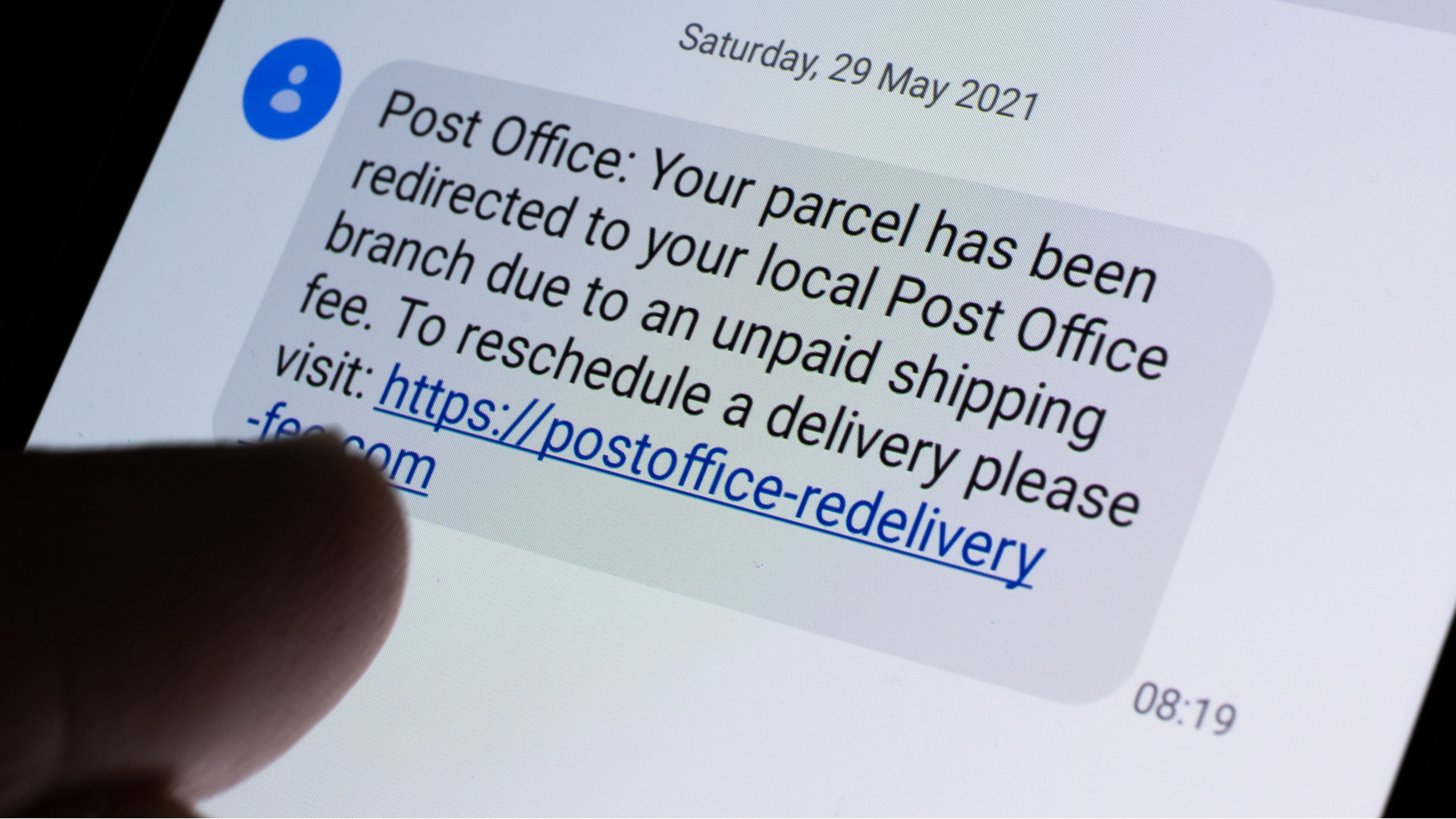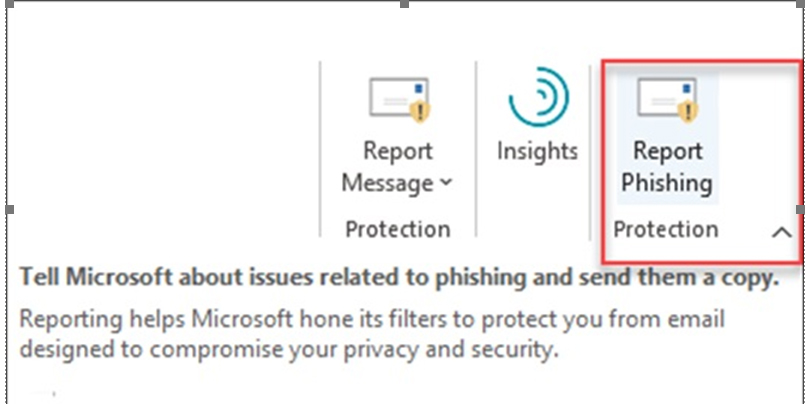GCHQ to share real-time data with banks to fight cyber crime
The new initiative aims to kickstart a closer relationship between the spy agency and UK businesses


GCHQ director Jeremy Fleming has said the agency will begin sharing real-time intelligence with banks in a bid to help fight cyber crime.
The decision will ensure that banks have more tools in their arsenal when it comes to protecting customers against card and account fraud while also helping the banks themselves in pre-empting and mitigating cyber attacks on them.
Fleming, who made the announcement at a CyberUK event in Glasgow on Wednesday, said the move illustrates GCHQ's ambition to work more closely with businesses.
The agency monitors online activity on a 24/7 basis and will now share this information with banking groups, an idea which aims to reduce the number of cyber attacks GCHQ has to deal with itself.
Figures revealed in October last year showed that the agency fights around ten serious cyber attacks every week, most of which were either "directed, sponsored or tolerated" by hostile foreign governments.
"This move from GCHQ illustrates how collaboration across all industries involved in the fight against fraud is crucial to facing today's threats and keeping customers safe," said Marck Crichton, senior director of security product management, OneSpan. "The fight against fraud today relies heavily on the analysis of vast amounts of real-time data [and] with technology-enabled financial crime increasing, banks need to be able to act fast".
Fleming said that only 15% of people know how to protect themselves online and GCHQ wants to take the burden away from the individual, despite efforts more widely to make people more cyber aware. "We will share intelligence with banks to enable them to alert customers to threats in close to real time," he added.
Sign up today and you will receive a free copy of our Future Focus 2025 report - the leading guidance on AI, cybersecurity and other IT challenges as per 700+ senior executives
The two-day CyberUK event, which kicked off on Wednesday, is hosted in partnership with the NCSC and aims to bring together security industry professionals, the private sector and public bodies to hear from and interact with industry leaders and learn about emerging trends.
During the conference, the once super-secret Five Eyes intelligence alliance formed of the UK, US, Canada, Australia and New Zealand will all field representatives to feature on a panel discussion delivered to attendees. It's likely they will be fielded questions about the latest development in the UK's relationship with Huawei's infrastructure.
Bank fraud is becoming an increasingly more troublesome issue for customers. TSB recently announced that it will be refunding all of its customers who fall victim of cyber fraud which, according to figures from 2018, affects one in four Britons, costing an estimated 1.2 billion.
Earlier this year, Metro Bank made the news for all the wrong reasons after it emerged that hackers had intercepted the bank's 2FA customer text message to gain access to UK customer accounts.
Hackers were able to exploit the SS7 protocol used by telecoms companies to securely route text messages to customers - a highly sophisticated method of attack previously thought to be out of the realms of possibility for cyber criminals.

Connor Jones has been at the forefront of global cyber security news coverage for the past few years, breaking developments on major stories such as LockBit’s ransomware attack on Royal Mail International, and many others. He has also made sporadic appearances on the ITPro Podcast discussing topics from home desk setups all the way to hacking systems using prosthetic limbs. He has a master’s degree in Magazine Journalism from the University of Sheffield, and has previously written for the likes of Red Bull Esports and UNILAD tech during his career that started in 2015.
-
 C-suites consider quantum a serious threat and "amazing" deepfake attacks are just 'months away'
C-suites consider quantum a serious threat and "amazing" deepfake attacks are just 'months away'News Deepfake technology has matured at a rapid rate, and video scams are likely to be a on par with the more convincing voice-only campaigns very soon, one expert says
-
 Shiseido reportedly suffers data breach
Shiseido reportedly suffers data breachNews The Japanese cosmetics company has been accused of failing to notify affected staff of the leak
-
 Almost a quarter of all spam emails were sent from Russia in 2021
Almost a quarter of all spam emails were sent from Russia in 2021News Last year's spam emails mostly centred around money and investment, Bond and Spider-Man movie premieres, and the pandemic
-
 HMRC issues scam warning ahead of Self Assessment deadline
HMRC issues scam warning ahead of Self Assessment deadlineNews The department stated that 2021 has already seen 797,010 tax-related scams reported
-
 Ofcom report reveals alarming uptick in smishing attacks
Ofcom report reveals alarming uptick in smishing attacksNews Text-based scams now more common than phone calls among young adults
-
 Smishing attacks increased 700% in first six months of 2021
Smishing attacks increased 700% in first six months of 2021News Which? has urged businesses to play their part to protect people from text message scams
-
 Delivery scams become most common form of smishing
Delivery scams become most common form of smishingNews Cyber security provider Proofpoint finds a major increase in the number of threat actors impersonating postal services
-
 NCSC simplifies Outlook scam-reporting tool
NCSC simplifies Outlook scam-reporting toolNews Users are now able to report phishing emails with just one click

